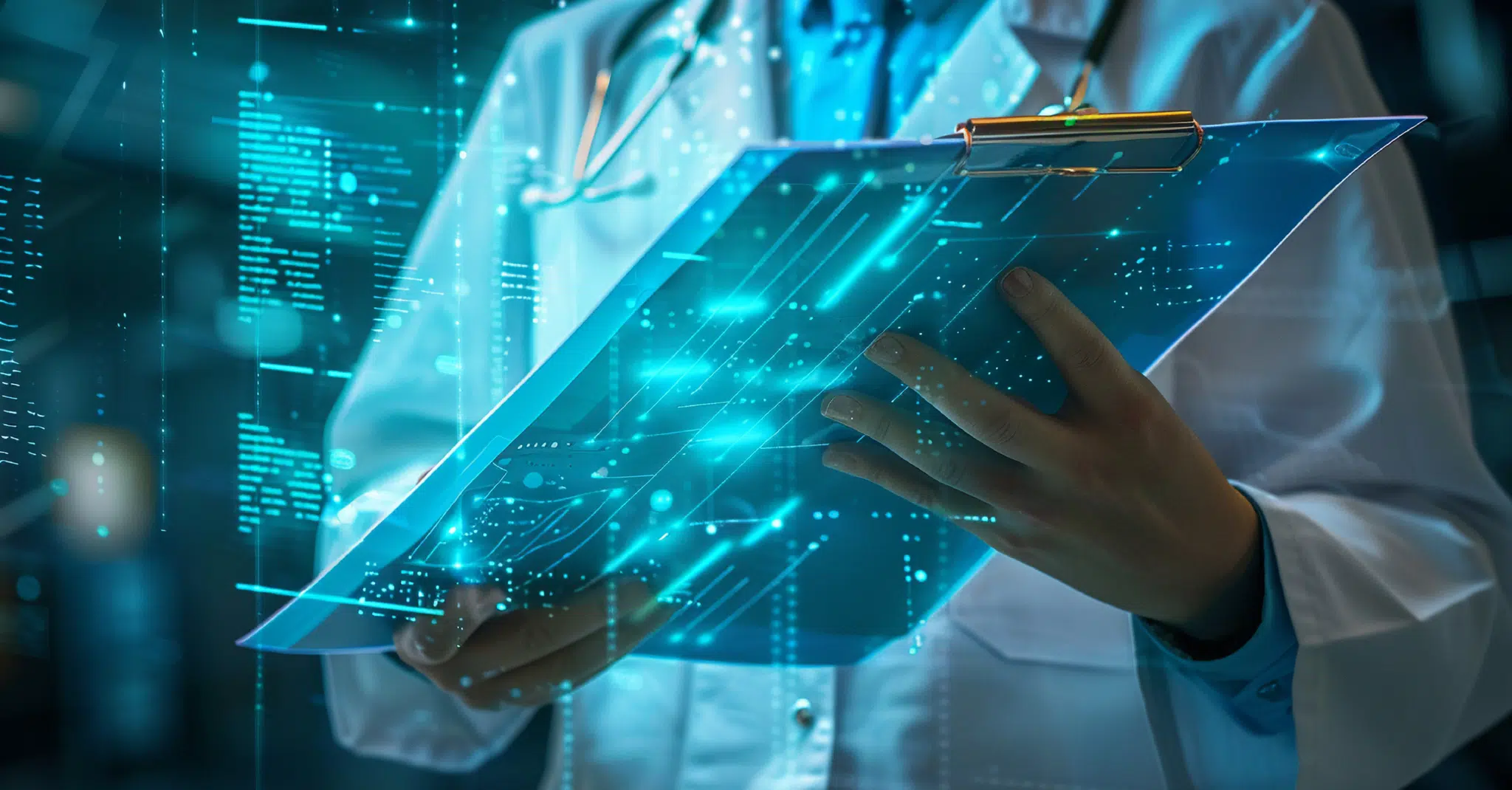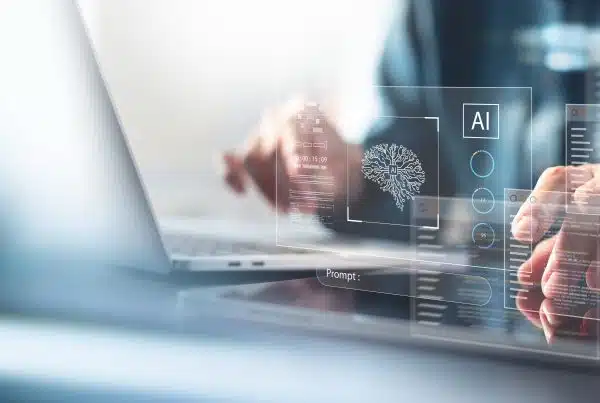Augmenting Medical Translations with AI: Opportunities, Challenges, and the Road Ahead
In our interconnected, globalized world, the need to speak multiple languages can impede effective communication in different industries, including healthcare. Machine translation, driven by advanced artificial intelligence, presents an opportunity to overcome these language barriers. As our world and economy becomes more globalized, however, it is important to approach this technology with caution and acknowledge the crucial role of human input.
Expanding Opportunities for Machine Translation in Healthcare
Enhanced Access to Medical Information: Machine translation has the potential to democratize access to vital medical information for patients and healthcare professionals worldwide. With swift and accurate translation of medical literature, research papers, and treatment guidelines, healthcare providers can stay abreast of the latest developments in their field.
Streamlined Clinical Trials and Research: International collaboration serves as a cornerstone for advancing medical research and conducting clinical trials. Machine translation can expedite the sharing of insights and findings across language boundaries, fostering innovation and progress within the healthcare industry.
Facilitating Global Medical Knowledge Sharing: By translating articles, case studies, and forums, healthcare professionals from diverse backgrounds can share their expertise and experiences. This collective wisdom contributes to enhanced patient care, refined treatment strategies, and improved disease management.
Potential Challenges of Solely Relying on Machine Translation
Contextual Nuances: Healthcare conversations often involve intricate medical terminologies and context-specific information. Machine translation may encounter difficulties in capturing these nuances accurately, potentially leading to misunderstandings or misinterpretations that could compromise patient safety.
Safeguarding Sensitive Patient Data: In healthcare, privacy and security are of utmost importance. Dependence solely on machine translation for handling sensitive patient data may raise concerns regarding data breaches, regulatory compliance, and ethical considerations.
Legal and Ethical Considerations: Accurate translation is critical for informed consent, legal documents, and patient records. Translation errors can have legal and ethical implications, underscoring the need for human oversight to ensure precision and mitigate risks.
Cultural Sensitivity: Healthcare practices and norms are deeply rooted in culture. Machine translations may inadvertently overlook cultural sensitivities and appropriate phrasing, potentially impacting patient-provider relationships and treatment adherence.
The Imperative of Human-in-the-Loop Approaches
While the promises of machine translation are enticing, their implementation should be complemented by human expertise. Adopting a human-in-the-loop approach acknowledges the limitations of automated translations and seeks to strike a delicate balance between efficiency and accuracy.
Quality Assurance: Human experts can meticulously review and edit machine-generated translations to guarantee accuracy and preserve contextual understanding. This is especially crucial for medical documents, prescription instructions, and patient records.
Cultural Competence: Human translators possess cultural awareness and adeptly navigate linguistic intricacies that machines might overlook. This sensitivity plays a pivotal role in cultivating trust with patients from diverse cultural backgrounds.
Critical Decision-Making: In complex medical scenarios, involving human healthcare professionals in translation-related decisions is imperative. Misunderstandings in treatment plans or diagnoses could have severe consequences, necessitating human oversight.
Continual Improvement: Human involvement contributes to refining machine translation algorithms. By scrutinizing discrepancies and patterns in translation errors, AI models can be trained to enhance their efficacy over time.
Empowering Healthcare Communication Through Human-in-the-Loop Excellence: The Propio Advantage
Machine translation offers the promise of revolutionizing healthcare communication by dismantling language barriers. However, the intricacies of the medical domain dictate the imperative involvement of human experts. By synergizing human insight with technological innovation, we can unlock the full potential of machine translation in healthcare. Propio’s holistic human-in-the-loop approach serves as a shining example of how technology and human collaboration can pave the way to a brighter, healthier future.








